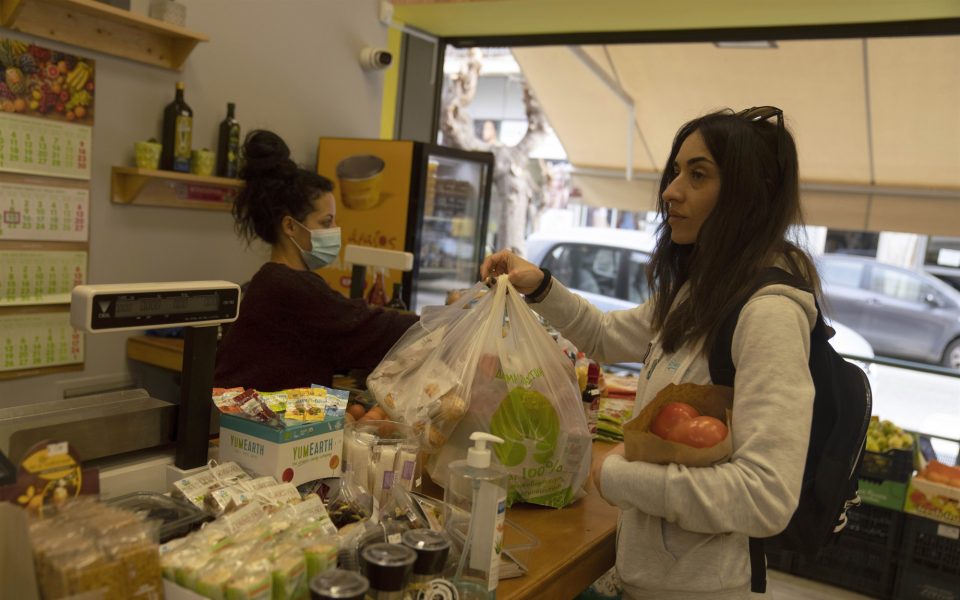When danger becomes tangible

The combination of economic stagnation and high inflation, or stagflation, may prove to be more than a specter hovering over the world. and especially Europe. In the US, Federal Reserve Chairman Jerome Powell is being forced to maintain a delicate balance to tame an inflation rate of 7.9%, the highest in 40 years, without throwing a 23-trillion-dollar economy into recession. In Europe, the risks are higher, because the continent is also affected by a war, while having a weak recovery and the highest inflation since the introduction of the euro, 20 years ago. Forecasts for inflation in the EU this year have already been revised to 5.2% (instead of 3.2%) and 3.7% for economic growth (from 4.2%). After 50 years of neoliberal rule, stagflation is on the rise – and, this time, it is somewhat difficult to blame John Maynard Keynes and his ideas.
These are difficult developments, which will be of duration and have side effects, predictable and unpredictable, until the new balances in trends, government regulations and commodity markets are restored. No state will be unaffected by them. The channels through which uncertainty is channeled into the Greek economy are those codified by Alpha Bank’s Financial Studies Department: (a) the impact of energy costs on businesses; (b) the consequences of increased energy and food prices on available household income; (c) the impact on the tourism sector this year; (d) the impact on foreign direct investment; and (e) the extent of fiscal flexibility to be determined at the European level. These are added to a particular Greek problem: the massive debt and the country’s low creditworthiness, as Greek bonds have not risen to investment grade.
We are starting off from a weak position. The political system thought that to manage the crisis during a pandemic, it was enough to deploy helicopter money, without many criteria, without displeasing anyone. And instead of advocating for and insisting on a policy of fair but rigorous financial management, it ended up competing on who should get more. The results are visible to the naked eye: The wealthy received benefits along with those who really needed them, zombie companies suddenly had bank deposits (and are “investing” in luxury cars), large property owners are surprised that the government is cutting their property tax, while others with a satisfactory income are left wondering why the state has to borrow to subsidize our energy bills. The crisis could have been managed with much less than 43.3 billion euros in state aid. That’s the truth.
Τhe million-dollar question is whether all this has been understood by the government and will not be repeated, or whether, in the runup to the elections, the temptation to hand out state money will prevail and benefits to the voter base will continue on an expanded scale. It will soon become apparent. What is positive, however, and has already been seen, is a certain spirit of restraint in the conduct of the political system, with some traces of a willingness to compromise.
Sunday’s meeting between Greek Prime Minister Kyriakos Mitsotakis and Turkish President Recep Tayyip Erdogan had such an understanding as its starting point. Another positive development is that the usual populist and loud politicians seem to have disappeared from the limelight. Perhaps our political system gets a grip when it realizes that we are entering a dangerous phase. This is a good omen as regards the turbulent, difficult period that lies ahead.





